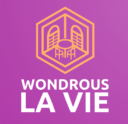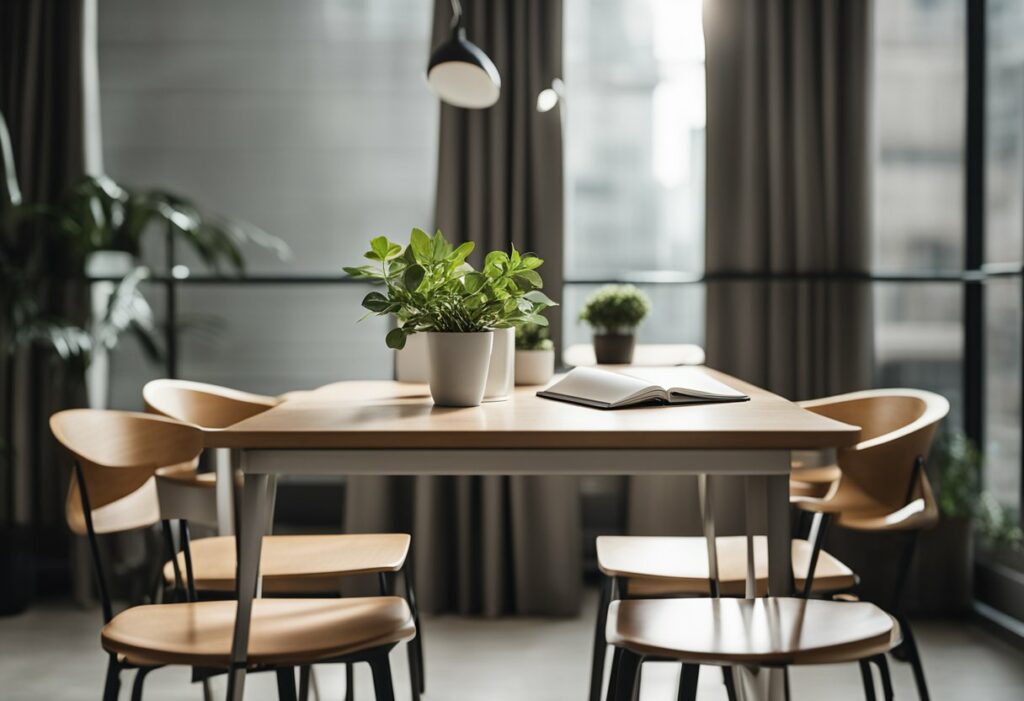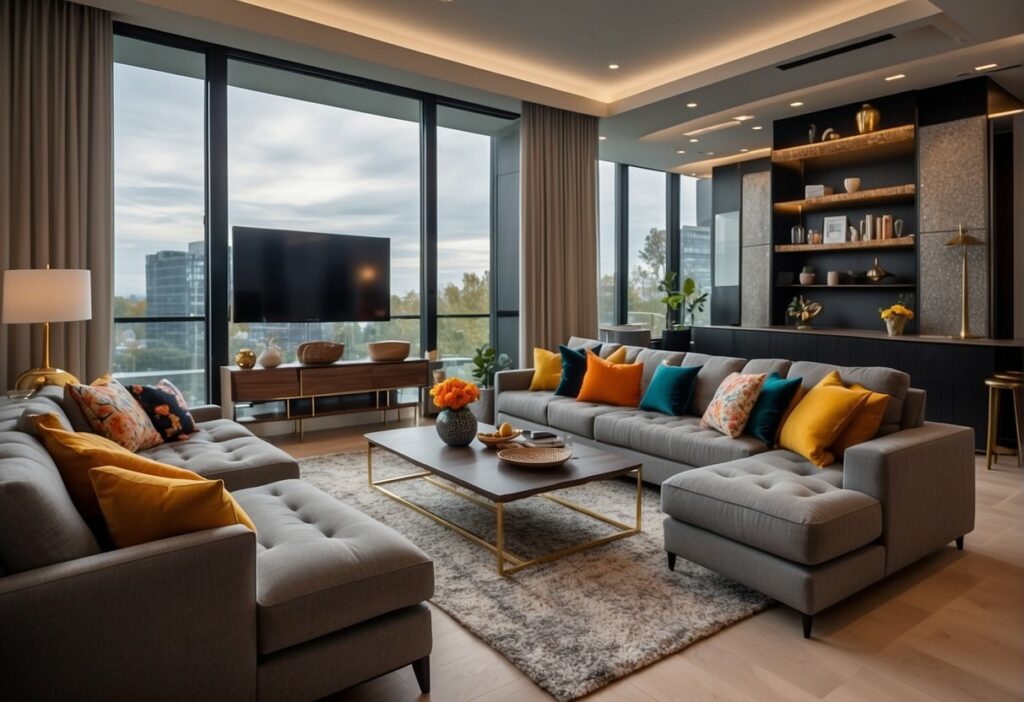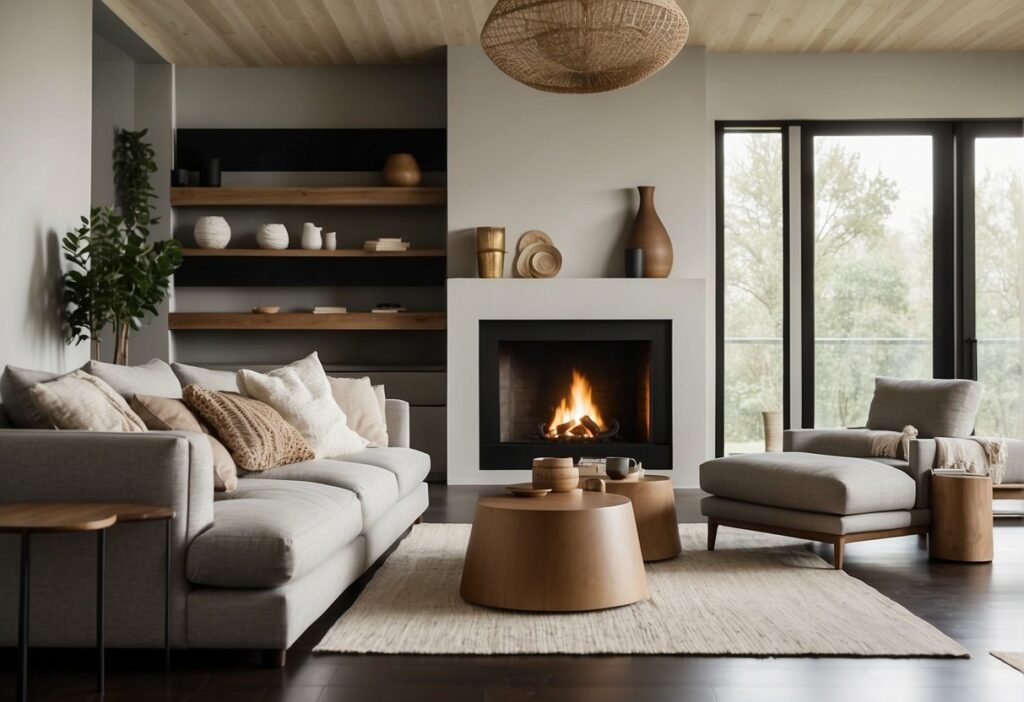Interior Design Interview Questions: Ace Your Next Job Interview!
If you’re a job seeker looking to become an interior designer, you may be wondering what kinds of questions you’ll be asked during an interview. Interior design interview questions can range from general to specific, and can help the interviewer understand your skills, experience, and design philosophy.

Understanding the role and skills required of an interior designer is crucial to answering interview questions with confidence and clarity. Interior designers are responsible for creating functional and aesthetically pleasing living and work spaces for clients. They must be able to communicate effectively with clients, contractors, and other professionals, and must have a strong understanding of design principles, materials, and construction methods.
Frequently asked questions during an interior design interview may include questions about your design process, your experience with specific design software, and your ability to work within a budget. Other questions may be more open-ended, such as asking about your design inspirations or your favourite design project. Answering these questions thoughtfully and honestly can help you stand out in a competitive job market and land your dream job as an interior designer.
Key Takeaways
- Interior design interview questions can range from general to specific, and can help the interviewer understand your skills, experience, and design philosophy.
- Understanding the role and skills required of an interior designer is crucial to answering interview questions with confidence and clarity.
- Frequently asked questions during an interior design interview may include questions about your design process, your experience with specific design software, and your ability to work within a budget.
Understanding the Role and Skills

As an interior designer, you are expected to have a diverse set of skills that enable you to create functional, aesthetically pleasing spaces that meet the needs of your clients. Whether you are just starting out in the industry or have years of experience, it is important to understand the essential skills and experience required to excel in this field.
Essential Skills and Experience
To be a successful interior designer, you need to have a keen eye for detail, strong problem-solving skills, and an ability to think creatively. You should also have an in-depth understanding of design principles and concepts, as well as technical expertise in software such as AutoCAD and 3D rendering tools.
Design Philosophy and Process
Your design philosophy and process will play a critical role in shaping your approach to each project. You should be able to articulate your design philosophy clearly and explain how it informs your decision-making process. This will help you to create spaces that are not only aesthetically pleasing but also functional and practical.
Project and Client Management
As an interior designer, you will be responsible for managing projects and clients. This requires excellent communication and presentation skills, as well as the ability to manage budgets and timelines effectively.
Trends, Aesthetics, and Practical Considerations
Staying up-to-date with the latest trends and aesthetics is important in the interior design industry. However, it is also important to consider practical considerations such as functionality, safety, and comfort when designing spaces.
Communication and Presentation Skills
Clear communication is essential in the interior design industry. You should be able to present your ideas effectively using mood boards, sketches, and 3D renderings, and be able to explain your design decisions to clients, contractors, and other professionals.
Understanding Client and Project Needs
Understanding the needs of your clients and the project is critical to creating successful designs. You should be able to ask the right questions to gain a clear understanding of the client’s vision and needs, and be able to adapt your approach to meet those needs.
Professional Growth and Development
Continuing professional development is important in the interior design industry. You should be proactive in seeking out new opportunities to learn and grow, whether through attending conferences, taking courses, or networking with other professionals.
Technical Proficiency and Tools
Technical proficiency in software such as AutoCAD and 3D rendering tools is essential in the interior design industry. You should also be familiar with other tools and technologies that can help you to create and present your designs effectively.
Handling Difficult Scenarios
Handling difficult scenarios, such as tight budgets or difficult clients, is an important part of the interior design industry. You should be able to remain calm and professional in these situations, and be able to find creative solutions to overcome any challenges that arise.
Preparing for the Interview
Preparing for an interior design interview requires research and preparation. You should be familiar with the company and the job description, and be able to articulate your skills and experience clearly.
Showcasing Creativity and Originality
Creativity and originality are important in the interior design industry. You should be able to showcase your creative flair and passion for design in your portfolio and during the interview.
Collaboration and Teamwork
Collaboration and teamwork are important in the interior design industry. You should be able to work effectively with other professionals, such as architects and contractors, to create successful designs.
Navigating Budget Constraints
Navigating budget constraints is an important part of the interior design industry. You should be able to create designs that meet the needs of the client while staying within budget.
Sustainability in Design
Sustainable design is becoming increasingly important in the interior design industry. You should be familiar with sustainable design principles and be able to incorporate them into your designs.
Understanding the Interior Design Industry
Understanding the interior design industry is critical to your success as an interior designer. You should be familiar with the latest trends, industry standards, and best practices.
The Art of Selling Your Vision
The ability to sell your vision is important in the interior design industry. You should be able to articulate your ideas clearly and convincingly, and be able to persuade clients to buy into your vision.
Leveraging Technology in Design
Leveraging technology is important in the interior design industry. You should be familiar with the latest software and tools that can help you to create and present your designs effectively.
Exploring Design Styles and Trends
Exploring different design styles and trends is important in the interior design industry. You should be able to adapt your approach to meet the needs of different clients and projects.
Engaging with the Design Community
Engaging with the design community is important in the interior design industry. You should be able to network with other professionals and stay up-to-date with the latest industry news and trends.
Adapting to Client’s Vision and Needs
Adapting to the client’s vision and needs is
Frequently Asked Questions

What inspired you to pursue a career in interior design?
Your interviewer may ask this question to get a sense of your passion for the field. Share your personal story and describe what drew you to interior design. Perhaps you have a background in art or architecture, or maybe you’ve always had a natural talent for creating beautiful spaces. Whatever the reason, be sure to convey your enthusiasm for the profession.
How would you describe your design aesthetic, and how does it set you apart?
Your design aesthetic is your signature style, and it’s what sets you apart from other interior designers. Describe your style and explain how it reflects your personality and values. Be sure to highlight your strengths and what makes you unique.
Could you give an example of a recent project you’re particularly proud of and why?
This question allows you to showcase your skills and experience. Choose a project that demonstrates your ability to meet the client’s needs while staying within budget and on schedule. Be sure to explain why you’re proud of the project and what challenges you overcame during the process.
In what ways do you stay current with industry trends and developments?
Interior design is a constantly evolving field, and it’s essential to stay up-to-date with the latest trends and technologies. Share your strategies for staying informed, such as attending conferences, reading industry publications, and networking with other professionals.
What do you believe are the most critical skills for a successful interior designer?
This question allows you to highlight your strengths as an interior designer. Discuss the skills you believe are essential for success, such as creativity, communication, time management, and attention to detail. Be sure to provide examples of how you’ve demonstrated these skills in your past work.
How do you approach budget and time constraints when working on a project?
Budget and time constraints are common challenges in interior design projects. Describe your approach to managing these constraints, such as prioritizing tasks, finding creative solutions, and communicating effectively with clients. Be sure to emphasize your ability to balance quality with efficiency.



